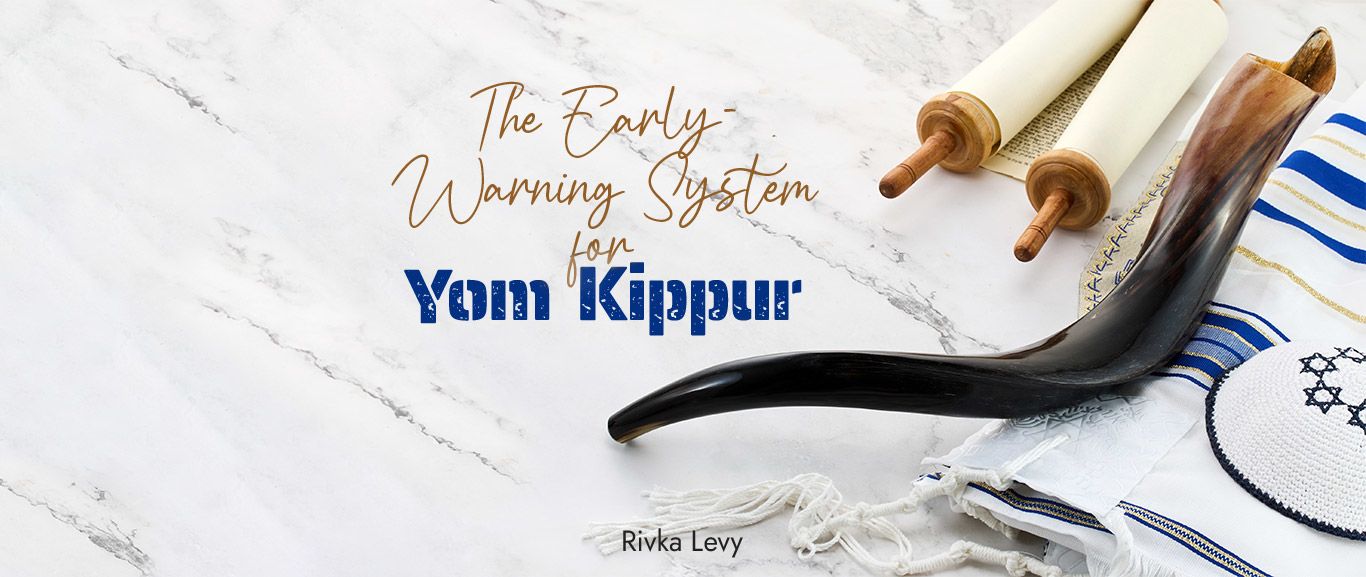
The Early-Warning System for Yom Kippur
The Prophets of old must have had a tough time before Yom Kippur. Hashem commands them to chastise the people, but frequently, the people just didn't want to hear...

The Prophets of old must have had a tough time before Yom Kippur. Hashem commands them to chastise the people, but frequently, they just didn’t want to hear. And, you’re not talking about secular Jews – these are the “religious”, the ones who could be found in the courtyard of the Holy Temple.
Ezekiel, like the prophet Jeremiah before him, had a tough assignment: he had to persuade a bunch of spiritually corrupt, hypocritical, complacent people that G-d was really, really serious about breaking up their party, one way or another.
Either, He was going to destroy Jerusalem, and the Temple, and the environs, and kill a whole bunch of people and then send the survivors into exile in Babylonia; OR, the people could stop ignoring all the messages and  signs He was sending them via His prophets, and start sincerely keeping His commandments. All of them. Even the ‘fanatical’ ones had to refrain from breaking any law that stood in the way of making a quick buck, and cease ridiculing and dismissing G-d’s official spokesmen.
signs He was sending them via His prophets, and start sincerely keeping His commandments. All of them. Even the ‘fanatical’ ones had to refrain from breaking any law that stood in the way of making a quick buck, and cease ridiculing and dismissing G-d’s official spokesmen.
They picked option one. They let Jerusalem be destroyed and themselves go in exile.
Why?
A few reasons: first of all, for every ‘hard’ message they were getting through Ezekiel and Jeremiah, they were getting a whole bunch of reassuring and ‘soothing’ messages from the fake prophets, like Pelatiah ben Benaiah and Jaazaniah son of Azzur. “Don’t worry!” these fakers would tell them. “I just spoke to G-d, and He assures me that everything’s fine! Carry on exactly as you were, you have nothing to worry about!”
Even after Pelatiah ben Benaiah drops dead in the middle of one of his rousing speeches, the people still don’t take it to heart. “He ate far too much meat,” they explained to each other. “His cholesterol was through the roof…it was really only a matter of time.”
The second reason they chose option one was because the vast majority of the people were religious hypocrites. In one particular poignant passage, G-d bemoans the fact that the very same day that they’ve just sacrificed one of their kids to Molech, or whichever pagan idol happened to be the flavor of the month, they show up in the Temple to offer a lamb, or some other pet, to G-d.
“Ezekiel,” G-d says, “it would be better for everyone if they at least stopped pretending, and just went with their idol-worship 100%. At least then, it wouldn’t make the people who really believed in Me also look so bad!”
G-d gives Ezekiel a vision where He shows him exactly what He’s talking about: G-d gets Ezekiel to tunnel through a wall into a secret room, and low and behold, the place is full of the ‘Elders of Israel’ offering up incense to a whole bunch of idols.
“G-d has no idea what we’re up to!” they chortle to themselves. “Even if He really exists, He can’t see what we’re doing in our secret rooms, upstairs, with completely uncensored internet access…”
A few years’ later, once the prophesies of Jeremiah and Ezekiel actually start occurring, and Babylonia is on the threshold of conquering Jerusalem, the people come back to Ezekiel, completely despairing.
“OK, you were right,” they conceded. “We didn’t believe you, and now we’re all going to die a horrible death.”
But even at that point, G-d hadn’t given up on them. “I don’t want your deaths,” he tells them via Ezekiel, “I want your sincere repentance! Even now, if you come clean and stop pretending to be perfect, and humble yourselves and throw out all your “I-dols”, I’d forgive you all in a jiffy, and your lives would be saved!”
But the people aren’t interested in G-d’s proposal. They go back to their homes, and write a scathing ‘opinion’ calling G-d a religious fanatic on their Facebook page, because what else are you going to do, if you only have five more days to live?
Poor Ezekiel. You read his book, and you kind of wonder why he persevered, when no-one was listening, or changing, or taking anything he said to heart. But G-d also explains that part of things. He tells Ezekiel: “You are the early-warning system. If I tell you that so-and-so is going to die because of his wicked deeds, then you have to warn him, even if he doesn’t listen to you, because at least that way, you’ve done your part.”
“And ditto for the righteous people who are copying all the wickedness around them. Go and tell them what’s in store for them if they don’t stop all the nonsense, and if they’re really righteous, they’ll listen to you, change, and save their lives.”
And if not…well, at least Ezekiel had plenty of people to pray for on Yom Kippur.
* * *
Check out Rivka Levy’s new book The Happy Workshop based on the teachings of Rabbi Shalom Arush.




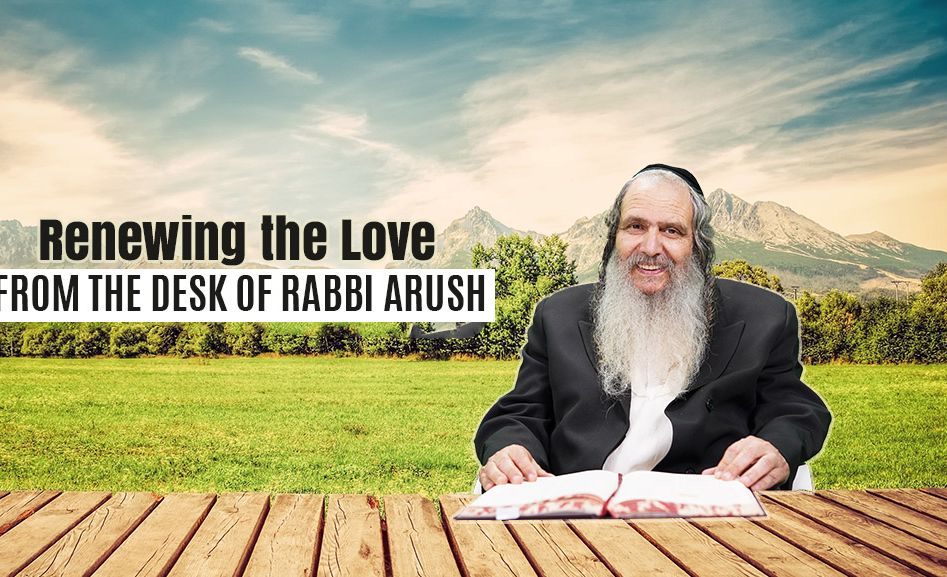
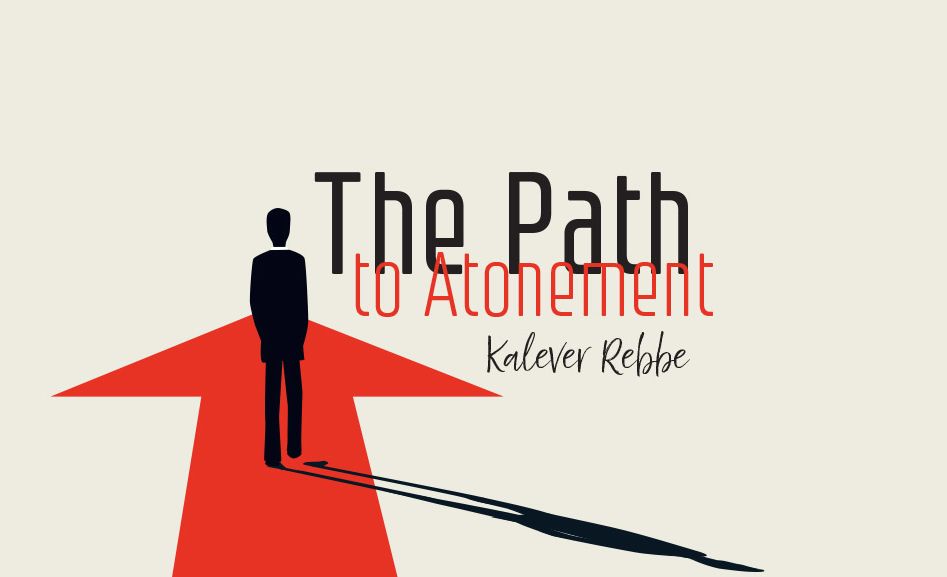
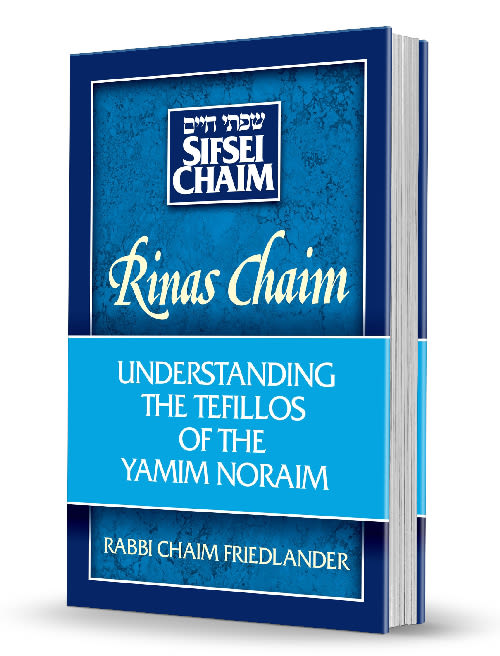
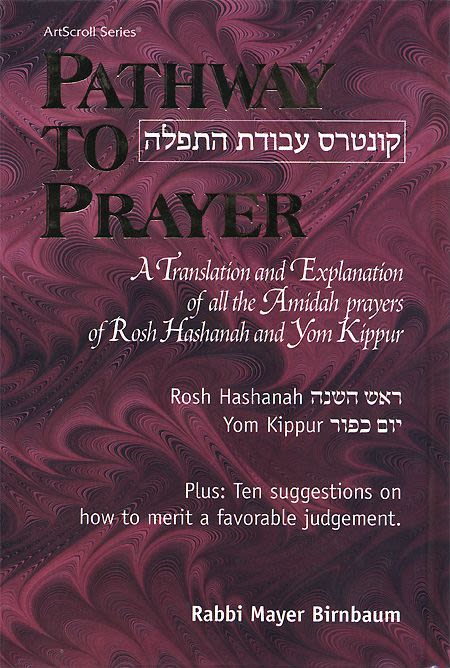


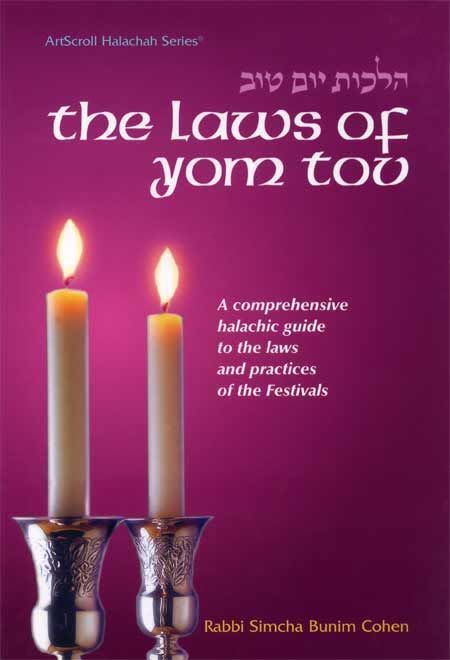

Tell us what you think!
Thank you for your comment!
It will be published after approval by the Editor.